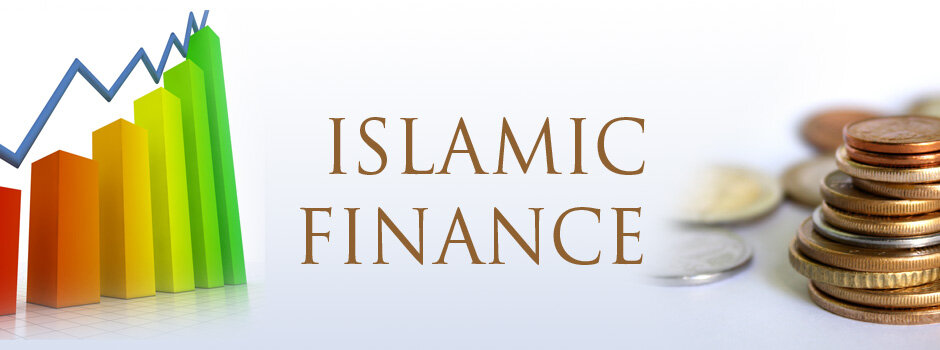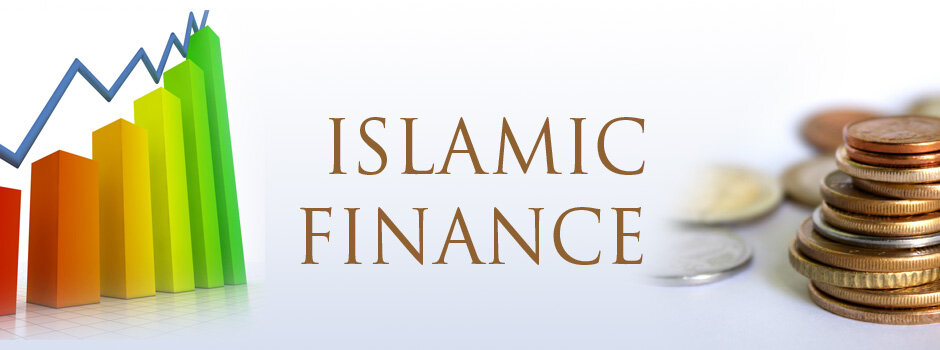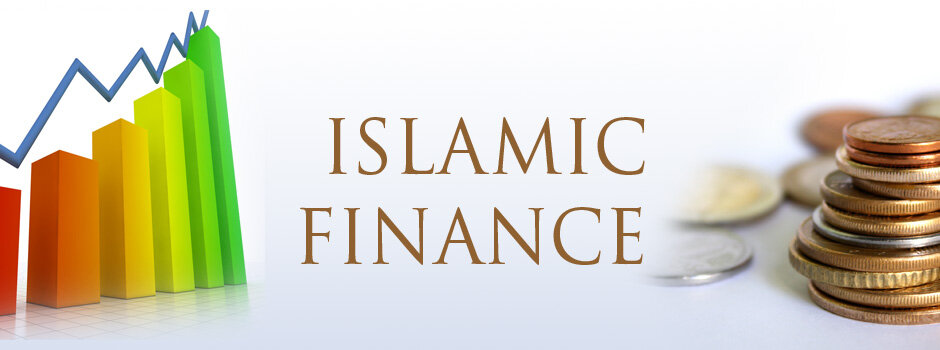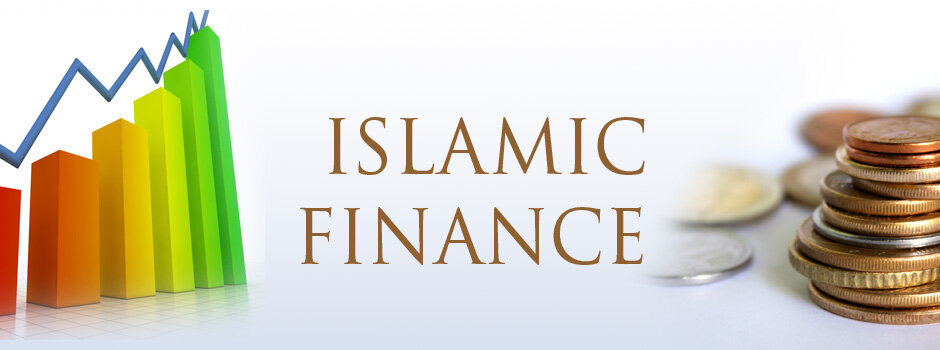Islam teaches that Muslims should fulfill their religious obligations and engage in voluntary acts of worship and prescribed behavior to the best of their abilities. The non-fulfillment of religious duties is considered a sin, and sins can lead to calamities, causing a delay or decrease of sustenance. Additionally, Islam encourages believers to be proactive, exert effort to achieve their goals, and improve their well-being. This includes working hard, seeking knowledge, and utilizing personal abilities and resources.
Managing personal finance involves creating a financial plan and personal financial strategy to establish goals that safeguard your financial security and freedom. Here are some tips to consider when building your personal financial strategy and plan:
1. Know Your income
Income is the starting point of personal finance because it serves as the foundation for allocating your earned money to various areas such as expenses, savings, investments, protection, and charitable giving. Understanding your income is crucial; without it, financial planning is impossible. Getting a sense of your monthly cash flow — what’s coming in and what’s going out — can help you devise a budget. This process enables you to optimize your spending, set financial goals, address issues like debt management, determine the portion of your income to invest, and create an emergency and spending fund.
2. Track your money expenses
Managing your expenses is crucial because it ensures that your spending remains lower than your income; otherwise, you risk not having enough money to cover your expenses and may fall into debt, which can be financially devastating and derail you from your goals. Review your expenses carefully, as except for compulsory payments like rent or buy though a long term financing plan, there is often room to cut discretionary spending, where the bulk of your expenses may go unnoticed. This might include purchasing branded coffee every morning before the start of work or frequently upgrading to the latest phone model. By giving up such habits, you could save a significant amount over the course of a year, which you could allocate to areas like savings or investments. Additionally, consider changing your consumption habits. This may not only reduce your utility and electricity bills, such as fixing a running toilet bowl or turning off heating and air conditioning when unnecessary, but also improve your environmental footprint. Such practices align with Islamic values.
3. Set financial goals
A good financial plan is guided by your financial goals. If you approach financial planning with a focus on what your money can do for you — whether it's buying a house, investing in upskilling yourself to increase your income, or planning for early retirement — saving will feel more intentional. Make your financial goals inspirational. Ask yourself about your goals, such as: What do I want my life to look like in five or 10? Do I want to own a car or a house? What college will my children go to? How do I envision my retirement?"
Having concrete goals can make it easier to identify and complete the necessary steps and serve as a guiding light as you work to make those aspirations a reality. Financial planning can help you improve your financial well-being by creating a financial plan that is essential for living within your means and saving enough to achieve your long-term goals. Financial experts recommend the 50/30/20 budgeting method as a useful framework. It breaks down as follows:
- Fifty percent of your net income after taxes and withdrawals goes toward essential living expenses, such as rent, utilities, groceries, and transportation.
- Thirty percent is allocated to discretionary expenses, including dining out, shopping for clothes, and charitable giving.
- Twenty percent is dedicated to the future—paying down debt and saving for retirement and emergencies.
Such budgeting allocation is discretionary. With each step of financial planning, you're safeguarding yourself from financial setbacks.
4. Save
Emergency and spending funds. The bedrock of any financial plan is putting cash away for emergencies such as medical bills, major car repairs, day-to-day expenses in case of job loss or major expenses for big purchases. Financial experts typically advise saving 20% of your monthly income. However, you can start with a smaller amount of savings, like one month's worth of basic living expenses, sufficient to cover minor emergencies and repairs, and gradually increase it over time. Experts recommend aiming to have savings equivalent to six to 12 months of expenses for rainy days to cushion against income and spending fluctuations. These savings should be liquid enough to adapt to changes while you search for a new job or alternative sources of income during this period. Beyond this threshold, excess cash sitting idle in savings loses purchasing power due to inflation. Once you've established your emergency and spending fund, you can redirect 10-20% of your monthly income towards other financial goals.
Long term commitments. Cash not tied up in an emergency or spending fund should be allocated for other saving goals such as education of children and retirement, debt repayment or investments. As for retirement planning, experts suggest that most people will need about 80% of their current salary in retirement. Whether it's saving for retirement or your children's college education, some may classify these goals as investment goals. However, they differ in their objectives. While saving serves as reserve capital, acting as a safety net to help mitigate risks and support the family, investments are assets that aim to increase your wealth and are generally riskier. The main requirement for assets under long-term strategic goals, such as saving for retirement planning and college education, is reliability, which aims to help preserve the purchasing power of the money set aside.
5. Tackle your debt
A crucial step in any financial plan is to pay down your debt. As for halal mortgages and auto loans, managing such debts usually pertains to mid and long-term goals. But, with the development of fintech, there is a popular trend nowadays where platforms offer 'buy now pay later' purchases with Sharia-compliant options. When handling debt, it sounds simple enough: limit and reduce your debt, don't spend more than you earn. However, sometimes going into debt may seem advantageous. Still, leasing can sometimes be more economical than buying outright, whether it's leasing a car or even obtaining a subscription to computer software.
As an Islamic finance education resource platform, we do not address issues related to interest-bearing loans. However, some Muslims may still neglect the prohibition of interest (riba) in Islam. From the Islamic point of view, engaging in interest-bearing loans is one of major sins, which not only diminishes your sustenance (rizq) but also erodes the blessings (barakah) of your wealth, and may even be the cause of many calamities as punishment from Allah. Moreover, interest rates on things such as credit card balances and loans may be so high that you end up repaying two or three times what you borrowed.
6. Invest
It is important to remember Islamic finance is not only about Sharia-compliant financial products and instruments, but primarily about trade, entrepreneurship and doing business in an ethical and halal manner. Your investment could involve further into education, upskilling yourself, saving to launch a business, buying shares in a business, entering into partnership in business with your money or investing in financial instruments. Investing involves putting money into something that will eventually increase your earned income or the value of your investments. Investing in businesses, including purchasing assets and financial products such as shares and Sukuk, comes with risks and can be challenging for those unfamiliar with it. It requires dedicating time to gain understanding through readings and studying. There are a number of fintech platforms that track and offer investments in Sharia-compliant shares and instruments. If you don't have time, you might benefit from seeking assistance from Islamic wealth management companies or platforms that help you invest your money in a Sharia-compliant manner.
7. Optimize your finances with tax planning
This advice may not be relevant to everyone, as tax codes vary from one country to another. However, for those to whom it applies — those who submit tax forms during the filing season each year and net a sizable refund — maximizing your tax savings can free up money that can be invested in reducing past debts, enjoying the present, and planning for the future. For many individuals in this situation, becoming familiar with tax laws also means exploring tax credits and deductions ahead of time to understand which tax breaks could make a difference when it comes time to file. Your government may offer many incentives for taxpayers who have children, invest in green home improvements or technologies, or are pursuing higher education.
8. Protection
Protection refers to the methods people take to safeguard themselves from unexpected events, such as illnesses or accidents, as a means to preserve wealth. However, one should remember from the Sharia perspective that conventional insurance is haram unless it is made compulsory by law in your place of residence. In such cases, one should consider Islamic insurance (takaful), which may offer several plans to help cover most hospital bills or protect assets such as cars or estates, thereby helping to preserve hard-earned savings for your family through health, auto, and home Islamic insurances.
9. Pay Zakat and give charity (Sadaqah)
Zakat, a mandatory annual tax amounting to one fortieth (or 2.5%) of certain assets, is levied on Muslims who possess the zakat-liable amount (nisab). The term 'zakat' denotes growth in goodness or purity. Thus, giving Zakat purifies one's wealth to obtain the divine blessing (barakah) of Allah, fostering its growth in goodness. Non-payment of zakat is a great sin. Conversely, charity (Sadaqah) involves voluntarily offering wealth to those in need for the sake of pleasing Allah. In return, Allah pledges to reward the donor, both in this life and the hereafter. Sadaqah not only allows individuals to accrue rewards and receive answers to their supplications but also acts as a shield against calamities and contributes to wealth enhancement.










